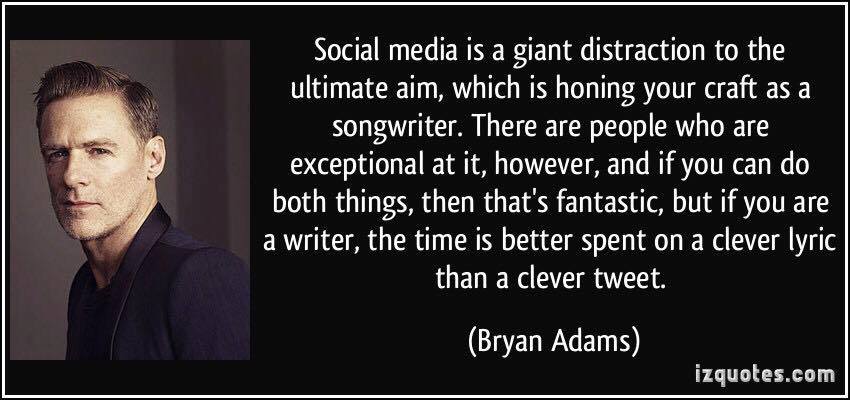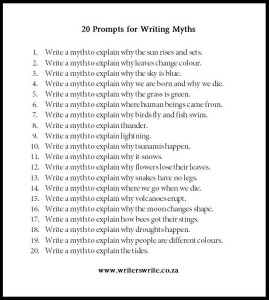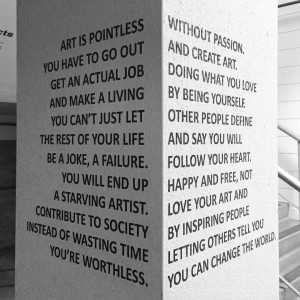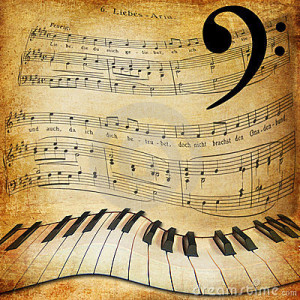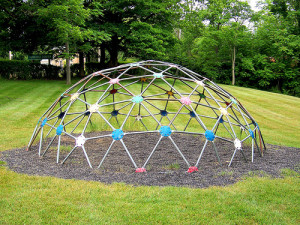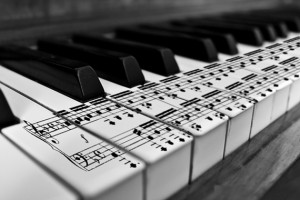
I recently posted a piece on The Huffington Post entitled “Why Is Sheet Music Still Considered Necessary for Music Education?” and it caused quite an uproar from the Conservatory Crowd, who I wasn’t even referring to. The idea that I was even suggesting that notation isn’t right for all students and that it’s not as necessary anymore as an entryway to music (aside from classical/orchestral music, of course) just burned them to the core and much of their comments were mean-spirited, short-sighted and off-base. Funny how they feel so threatened by people just playing music without wanting to ascend to their levels. Perhaps they should accept that everyone has the right to play the music they want to and that many very successful people do not use notation to play music.
Notation is still very useful in classical training, though Suzuki has made it easy for anyone to enter without it. But as to triadic music- which is made of chords- it’s not only not necessary but unless one gets supplemental education, it often becomes a way to phonetically reproduce music, not a method by which to actually speak and converse in it. No matter if you learn notation or not, it is my belief that you need a strong connection to music itself as a language, which is how and why I came up with The Key of One. All non-classical music that is made of chords~ rock, pop, reggae, soul, funk, R&B, gospel, blues, metal, Tin Pan Alley standards, etc~ is easily understandable and explainable without notation. In fact, it should be understood without notation first and foremost!
If you can play off a page but not play freely, are you really speaking a language? If all you could do was read speeches off the page in order to speak, are you still speaking the English language? Remember that every single spoken conversation you’ve ever had has been improvised. Improvising is what makes a language a spoken skill and is what happens before any language is notated. You must conjure the words in your mind in order to write them down, right? Well music is a language of tones and though there are many ways to notate it (European and Indian Classical music being two of the main ones) the “speaking” of it happens from the brain itself. Ultimately, having an understanding of a language should be paramount to the instruction of the beginning player. In my opinion, primary music education should not involve notation at all. The Key of One can help you discover the musical voice within you and help you understand music, not just regurgitate it off the page!

